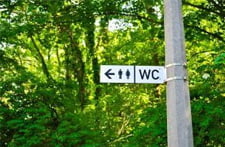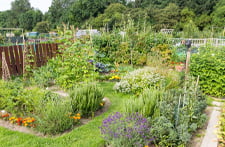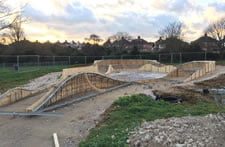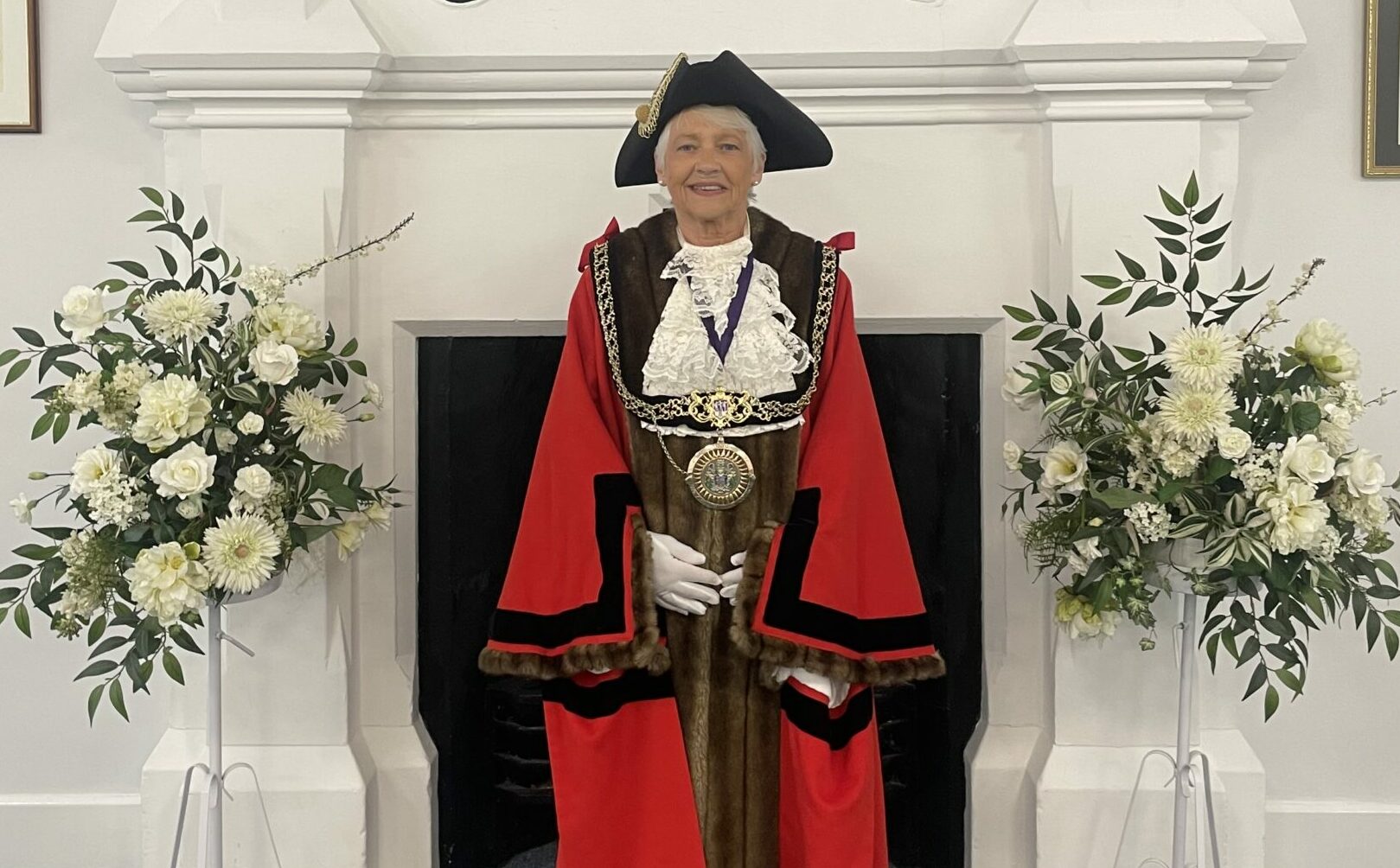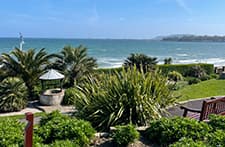Allotments
Click to view on the map
There are 363 plots spread across 9 sites in Weymouth. With an additional 9 community growing spaces at Tumbledown Farm for Community Groups and Charities.
APPLY FOR A PLOT
You can apply for an allotment plot in Weymouth using the form below. Plots are in high demand and there are waiting lists for all of our allotments sites. If you’re under 18 an adult must complete the application for you. They will be responsible for any costs incurred.
For further information please contact the allotment officer on:
Email: allotments@weymouthtowncouncil.gov.uk
Telephone: 01305 239293 (please leave a voicemail if calling outside of working hours).
Allotments not managed by Weymouth Town Council
| Allotment Location | Contact |
| Faircross, Gypsy Lane (These plots are under self management). 80 plots. | The Site Agent at jerryrose123@hotmail.co.uk |
| Green Lane, St Martins Road, DT4 9LN (These plots are under self management) | The secretary at glaneaa@outlook.com |
The Allotment Associations at Faircross and Green Lane have responsibility for waiting lists and allocation of tenancies at these sites. Any queries regarding annual rents and site rules should be directed through to the emails listed above.
Read the latest allotment newsletter
Read the latest news and updates about Weymouth Town Council’s allotments.
Fact Sheets from The National Allotment Society:

FAQs
How big is an allotment plot?
A standard plot is 125m² (or five rod plot), but sizes vary across our sites.
How much does an allotment cost?
Standard rent is £36 or £34.50 for those aged over 60 years old.
Quibo Lane rent is priced higher, due to the site having toilet facilities.
Standard rent is £63 or £56 for those aged over 60 years old
A one off £30 admin fee is charged on your first invoice as detailed in the terms and conditions.
When is a Senior Citizen Concession Applied?
Senior Citizen Concession will be applied the January following your 60th birthday, if date of birth is provided on the returned signed tenancy agreement documents.
Can non-precept payers of Weymouth rent an allotment?
Weymouth precept paying residents will be offered a plot before any non-precept paying residents. However, we will still accept your application to join our waiting lists. We recommend you contact your local Town/Parish Council to enquire about their allotment availability.
Is there a waiting list?
We currently have a waiting list for each of our 9 sites (November 2023). An application form can be submitted at the top of this page, your name will be added to the lists of your chosen sites. We contact residents at the top of the list when a vacant plot becomes available. We apologise but due to heavy workloads we are unable to provide your position on the waiting list(s). If you no longer require an allotment plot, please contact Adrian Lowes, who will remove your name from the list(s).
Can I get access to water on site?
Yes. Water mains are turned on 1st April – 1st October each year. Each site offers dip tanks, which collect with rain water during the winter months. We recommend using water collection containers on your plot to ensure you have sufficient water all year round. The use of hosepipes is not permitted on our allotment sites.
Can I keep animals on my allotment plot?
Yes. Hens and Bees can be kept on an allotment plot as per rules and regulations (which can be found lower down this page).

Allotment Composting
Composting has been
Why compost your garden waste?
- Homemade compost improves the quality of your soil, helping it to retain moisture and support healthy plant growth.
- Composting on your allotment is an ideal way to recycle your garden waste.
How long does it take?
It can take anything from 6 weeks to a year. Softer items, such as grass, decompose faster than woody material but both types should be added to ensure a good mix.
Do I need to add any chemicals?
No. Accelerators or enhances
Bonfires on allotments
Bonfires are only permitted between 1st October – 31st March each year.
You must adhere to these rules when lighting a bonfire on an allotment:
- compost rather than burn where possible. Materials that can’t be composted or burnt should be taken to a recycling centre.
- move stored material to a new location between April and the end of September before lighting your bonfire between October and the end of March so that any animals using the store as a home can escape.
- only burn when weather conditions are suitable to avoid causing a nuisance to local residents (wind drift).
- don’t set fire to large piles of material – start your bonfire with a medium stack and then add more material when it is very hot.
only burn on your own plot, do not light fires for others.- in the event of a reasonable complaint to the plot holder from another tenant or a member of the public with regard to a nuisance being caused, the bonfire must be extinguished immediately.
- please ensure that the bonfire is extinguished, if not burnt out, by dusk.
- all bonfires should be extinguished before you leave the site – do not let the fire smoulder after you have gone.
Any violation of the terms and conditions will lead to termination of the tenancy.
What can be burnt:
- organic matter such as wood, pruning’s and dry vegetable matter
- pernicious weeds (when dry), such as Japanese Knotweed and plants infected with fungal diseases like Club Root, Downey Mildew or White Rot
What can’t be burnt:
- other material that wasn’t produced on your plot
non-vegetable matter such as plastic, rubber, roofing felt, bitumen or carpet- flammable liquids, such as old sump oil
Keeping Chickens
If you would like to erect a chicken coop on your plot, please click on the link below:
Information regarding the Welfare Standards of Chickens can be found on the RSPCA website: Chickens as pets – RSPCA.
Information pages can also be found at: Hens on allotments – The National Allotment Society – National Society of Allotment and Leisure Gardeners Ltd (nsalg.org.uk)
Keeping Bees
If you would like to keep bees on your allotment plot, please click on the link below:
More information on bee keeping can be found on The British Bee Keepers Association: British Beekeepers Association (bbka.org.uk)
Greenhouse/Polytunnel/Tool Shed Form
If you would like to erect a greenhouse, tool shed or polytunnel on your plot, please complete the application form below:
Co Worker Agreement Form
If you would like to add a co-worker to your plot, please click on the link below:
The co-worker agreement form should be completed in full by the intended co-worker and signed by the tenant.
Please return the completed form to allotments@weymouthtowncouncil.gov.uk.
Please note, the Authority has a responsibility to other Tenants and members of the public seeking a plot and we will periodically monitor all allotment plots to ensure that standards are being upheld.








